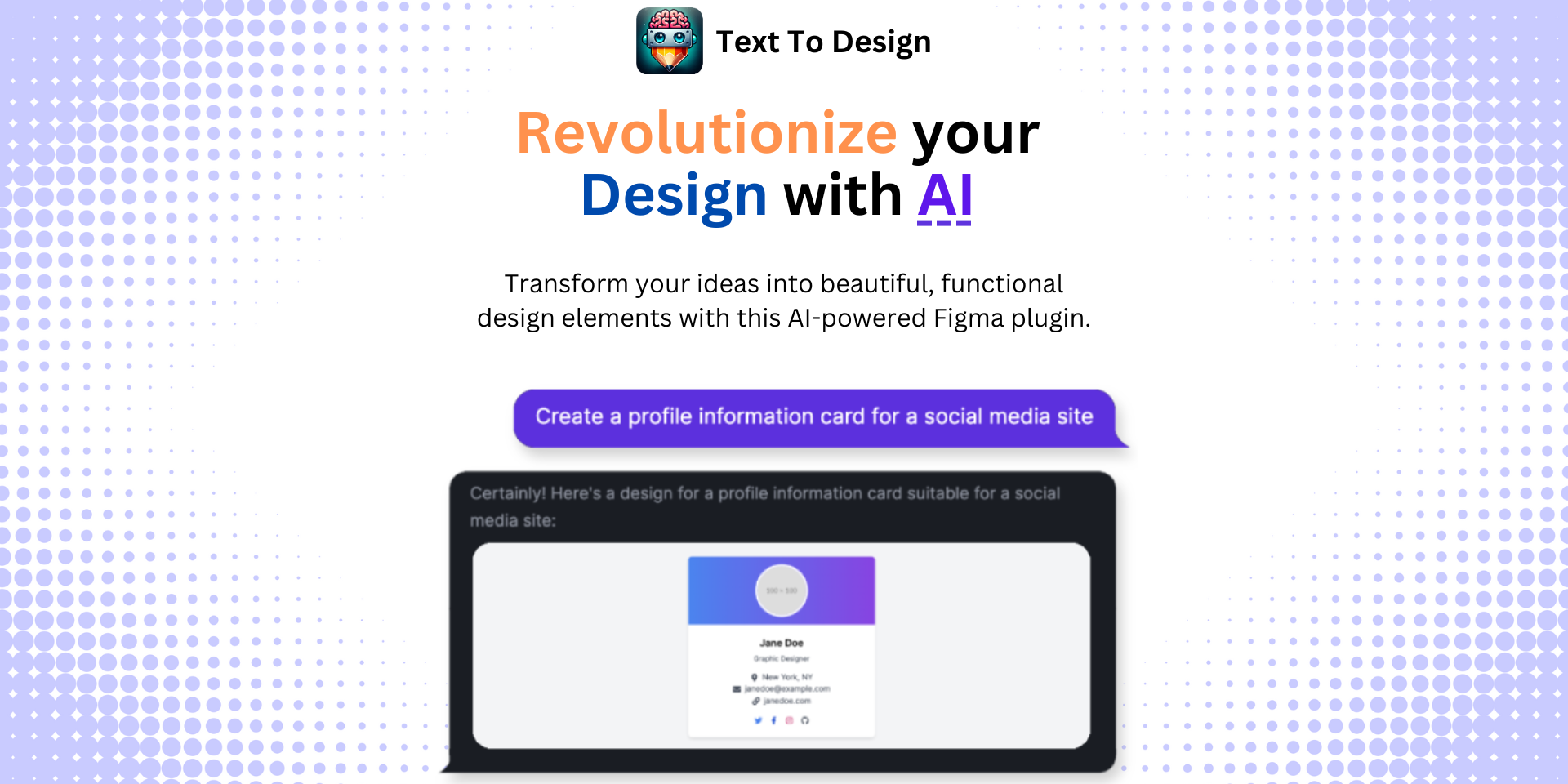Figma for VR Interface Design: Harnessing New Possibilities
No results found
5/7/2024
Figma for VR Interface Design: Unleashing New Potentials

The world of design is rapidly evolving as technology advances, and one of the platforms at the forefront of this evolution is Figma. Notably, Figma's application in VR interface design is opening up new frontiers for designers. This blog post dives deep into the concept of using Figma for VR interface design and offers some insights and tips on how to leverage this tool effectively.
Getting Started with VR Design in Figma
In the journey of creating intuitive VR interfaces, Figma has proven to be an essential tool. It provides a unique environment that allows designers to pay attention to critical elements such as the field of view and sound UX12.
Setting Up Your Figma Environment
Before embarking on designing for VR in Figma, it's crucial to set up your Figma environment correctly. This setup includes choosing your theme, amping up the background, and thoughtfully designing the UI elements.
Creating Curved UI Using XR Tools
One of the most significant aspects of VR design is creating a curved UI, which enhances the level of immersive experience users get from interacting with VR interfaces. Thankfully, XR tools integrated into Figma have made this task a lot more manageable.
Utilizing Sound for Immersive Experiences
Sound plays a critical role in VR experiences. When creating VR interfaces in Figma, it's crucial to incorporate sound UX to create a more immersive experience for users1.
Transitioning from Flat Screens to 3D Spaces with Figma
The evolution of UI design has seen a significant shift from flat screens to 3D spaces, especially with the advent of VR and AR technologies2.
Distance Independent Millimeters (dmm)
In the world of VR, Distance Independent Millimeters (dmm) are becoming more prevalent. These units are essential in considering user perspective and comfort in VR design2.
Customizing Foundations in Figma
Customizing foundations in Figma have been made easy with FloatGrids. As a designer, you can tweak your VR components to your taste effortlessly2.
Testing Your VR UI with Shapes XR
After designing your VR interface, the next step is testing. Shapes XR provides a platform where you can test your UI in XR environments2.
Exploring FloatGrids VR and AR Design System in Figma
Although the usage of FloatGrids in Figma for VR and AR design system was not properly detailed in the page[^3^], FloatGrids generally is a tool that allows UX/UI designers to design VR/AR UI and helps developers recreate the designs with ease3.
The Power of Figma for VR Interface Design
In a nutshell, Figma offers a powerful platform that simplifies VR interface design. From setting up your environment to testing your UI in XR, Figma provides a seamless design experience that empowers you to create immersive and intuitive VR interfaces.
Enhance Your VR Interface Design with Text To Design Figma Plugin
Text To Design Figma Plugin elevates your Figma design experience to another level. It transforms your text descriptions into innovative design ideas, making it an ideal choice for designers, developers, and creative teams.

Click here to explore Text To Design Figma Plugin and start transforming your design ideas into reality today!
Footnotes
Step Into the Future of Design with your AI Copilot
Join +40K designers revolutionizing their workflow with AI. Install our Text-to-Design plugin in just a few clicks to unlock your creative potential. Start for free and instantly generate designs for your project.